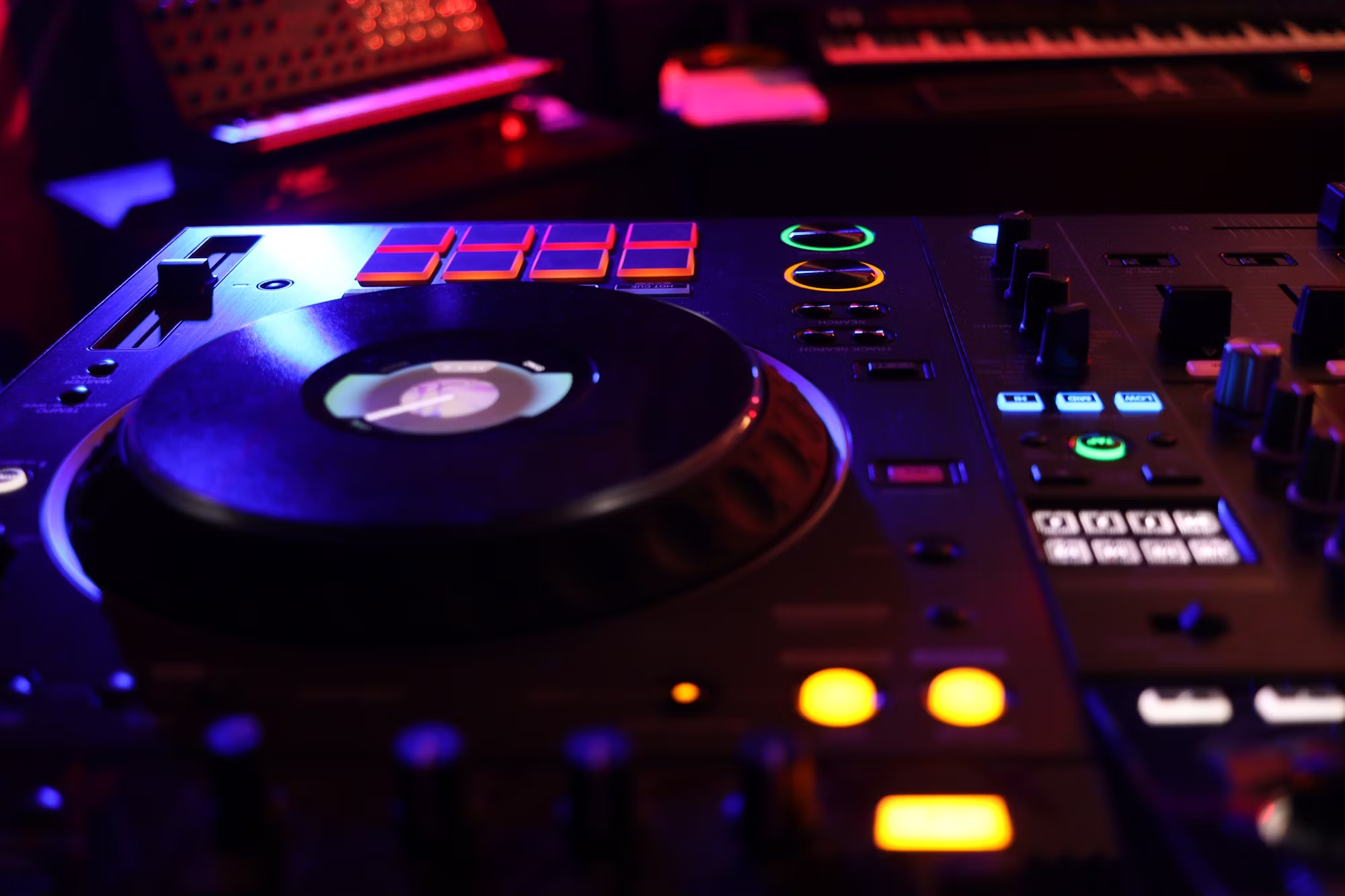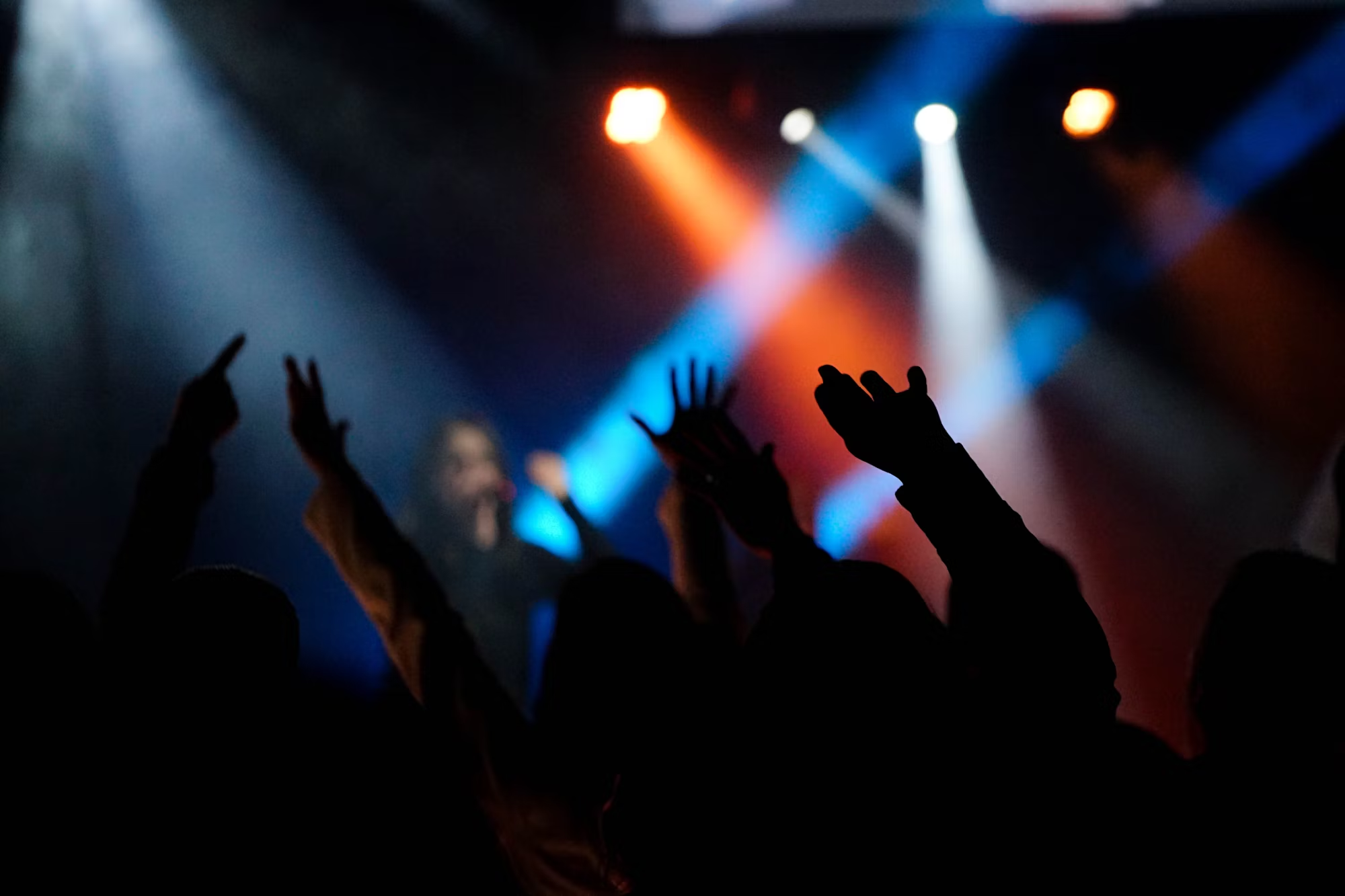Music festivals have become a staple in the global cultural landscape, drawing together diverse audiences and showcasing a myriad of artists across genres. From the iconic Coachella in California to Glastonbury in the UK, these events not only provide platforms for musicians to share their work but also significantly impact local communities and the broader music industry. This article delves into the various ways music festivals influence artists, foster community engagement, and contribute to the cultural tapestry of society. One of the most significant effects of music festivals is their role in launching and elevating artists’ careers. For many musicians, performing at a festival can be a pivotal moment in their professional journey. These events attract large audiences, often including industry professionals, media representatives, and potential fans. An artist who performs well at a festival can gain exposure that leads to record deals, booking opportunities, and a larger following. For instance, many now-famous acts have had their big breaks at festivals; a notable example is the band The xx, who gained significant attention after their performance at the 2010 Coachella Festival. Festivals also provide opportunities for collaboration among artists. Many musicians participate in surprise guest appearances, forming unique collaborations that create memorable experiences for audiences. These collaborations can lead to new musical fusions, showcasing the versatility of artists and encouraging creative exploration. The informal atmosphere of festivals often allows artists to experiment with their performances, offering something fresh and exciting that may not occur in a traditional concert setting. Beyond the benefits to artists, music festivals significantly impact local communities. Economically, festivals can be a boon for host cities, generating substantial revenue through tourism, hospitality, and related industries. Local businesses, including hotels, restaurants, and shops, often see a spike in customers during festival weekends. This influx of visitors can help sustain small businesses and create temporary jobs, contributing to the local economy. Moreover, festivals often work to create a sense of community among attendees. They provide a space for individuals from diverse backgrounds to come together, celebrate, and share their love for music. This communal experience can foster connections and friendships that extend beyond the festival itself. Many festivals also engage in community outreach initiatives, partnering with local organizations to promote social causes and support regional artists. This collaboration emphasizes the importance of community engagement and helps to cultivate a vibrant cultural scene. In addition to economic and social impacts, music festivals play a significant role in shaping cultural identity. They often reflect and promote the values and aesthetics of the communities in which they are held. Festivals that focus on specific genres, such as jazz, blues, or electronic music, can highlight the unique characteristics and histories of those styles, encouraging appreciation and understanding among diverse audiences. Furthermore, many festivals prioritize inclusivity and representation, aiming to showcase a broad range of artists, including women, LGBTQ+ performers, and artists of color. By doing so, they help to challenge industry norms and promote diversity within the music landscape. The environmental impact of music festivals is another important consideration. Many organizers are increasingly aware of their ecological footprint and are implementing sustainable practices to minimize environmental harm. Initiatives such as recycling programs, waste reduction, and the use of renewable energy sources are becoming more common. Some festivals even promote eco-friendly transportation options to reduce carbon emissions associated with travel. For example, the Bonnaroo Music and Arts Festival in Tennessee has made significant strides in sustainability by promoting carpooling and using solar energy to power stages. However, the challenges of managing large crowds and the associated waste production remain crucial concerns for festival organizers. As music festivals continue to grow in popularity, the impact of technology cannot be overlooked. Social media platforms play a significant role in shaping the festival experience for both artists and attendees. Festivals often utilize these platforms for marketing, engaging with fans, and sharing real-time updates. Attendees frequently share their experiences online, creating a digital community that extends beyond the physical event. This social media presence can enhance an artist’s visibility and contribute to their overall success. Additionally, technology has transformed how festivals are organized and experienced. Innovations such as mobile apps allow attendees to navigate schedules, locate stages, and discover new artists easily. Virtual reality and live streaming technology enable fans who cannot attend in person to experience the festival from afar, expanding the reach of these events and democratizing access to live music. As we look to the future, music festivals will likely continue to evolve, adapting to changing cultural trends and audience expectations. The rise of hybrid events that combine in-person and virtual experiences may become more prevalent, offering flexibility for artists and fans alike. This evolution will necessitate ongoing conversations about inclusivity, sustainability, and the role of technology in enhancing the festival experience. In conclusion, music festivals are powerful events that profoundly impact artists, communities, and culture. They serve as platforms for creativity, collaboration, and expression, fostering connections among diverse audiences. While festivals offer numerous benefits, they also pose challenges that require thoughtful consideration and innovative solutions. As the music landscape continues to evolve, festivals will undoubtedly remain a vital aspect of the cultural fabric, celebrating the universal language of music and its ability to bring people together. The future of music festivals holds the promise of new experiences, opportunities, and continued celebration of the arts.

